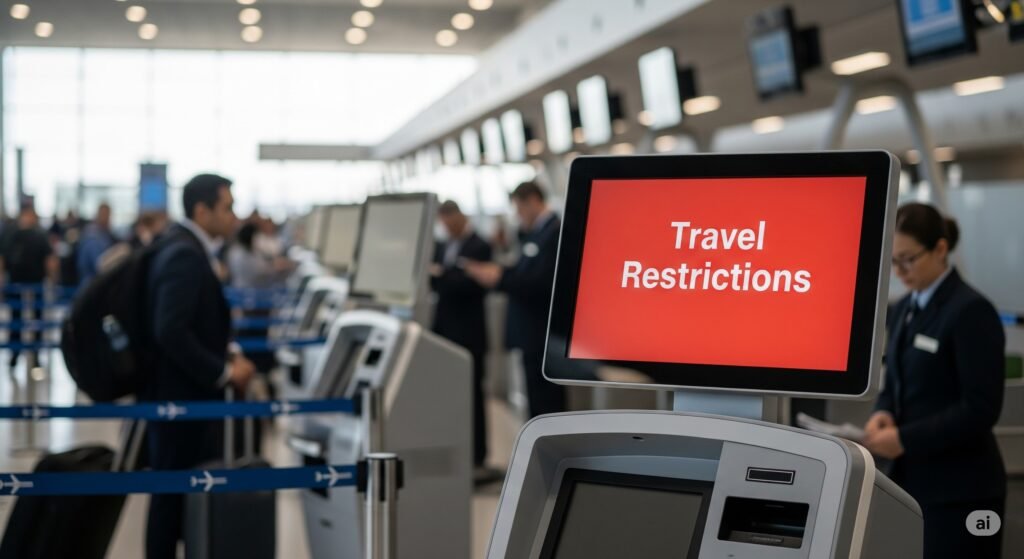Reports indicate the Trump administration considered expanding its travel ban to 36 countries. What were the implications for international relations and travel to the US?
News has emerged shedding light on a potential policy shift considered by the Trump administration in 2020: a significant expansion of the existing travel restrictions. A memo reportedly outlined plans to add as many as 36 additional countries to the list of nations facing travel limitations to the United States. This revelation has sparked discussions about the potential implications for international relations, national security, and individuals seeking to visit or immigrate to the U.S.
Scope of the Proposed Expansion
The potential scale of this expansion is noteworthy. Adding 36 countries would have dramatically increased the number of people affected by travel restrictions. While the specific reasons for targeting these particular nations weren’t fully detailed in the reported memo, such broad strokes raise questions about the criteria used and the potential impact on a wide range of countries and their citizens.
Potential Justifications and Concerns
Historically, travel restrictions have been implemented citing national security concerns. The Trump administration previously enacted travel bans targeting several Muslim-majority countries, a policy that faced significant legal challenges and widespread criticism. Expanding this list so significantly would likely have been framed under a similar justification – protecting the U.S. from potential threats.
However, such a sweeping measure also raises serious concerns:
- Diplomatic Fallout: Broad travel bans can strain relationships with the affected countries, potentially hindering cooperation on various global issues.
- Economic Impact: Restrictions on travel can negatively impact tourism, business, and educational exchange.
- Humanitarian Concerns: For individuals seeking refuge, medical treatment, or family reunification, such bans can create significant hardship and uncertainty.
- Fairness and Discrimination: Critics often argue that such broad restrictions can be discriminatory, targeting entire nationalities rather than specific individuals posing a threat.
The Road Not Taken?
Ultimately, the reported expansion to include these 36 additional countries did not come to pass before the end of the Trump administration. However, the existence of such a memo suggests that this approach to travel and immigration was under serious consideration. This raises questions about future policy directions and the potential for similar measures to be proposed again.
Looking Ahead
The revelation of this potential expansion serves as a reminder of the significant impact government policies can have on international travel and relations. As discussions around national security and immigration continue, understanding the scope and potential consequences of such broad travel restrictions remains crucial for U.S. citizens and the global community alike. It prompts us to consider the balance between security concerns and the principles of open exchange and international cooperation.












